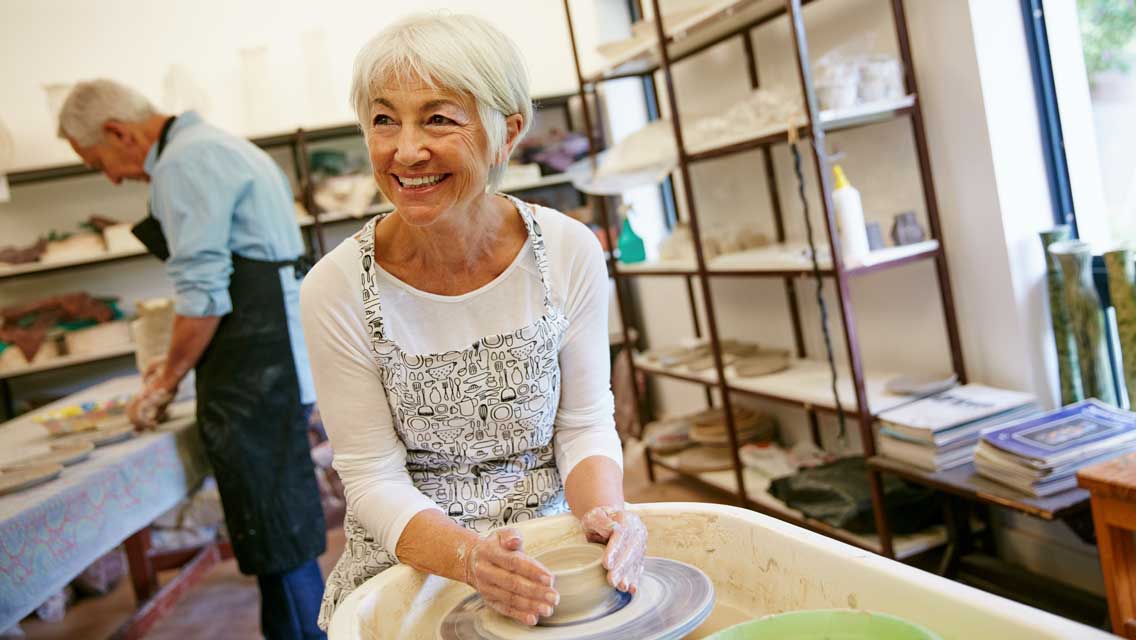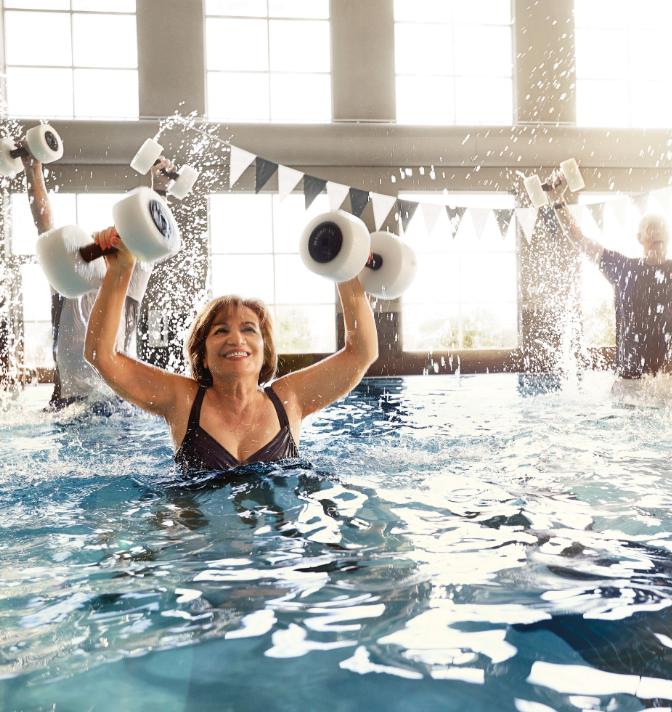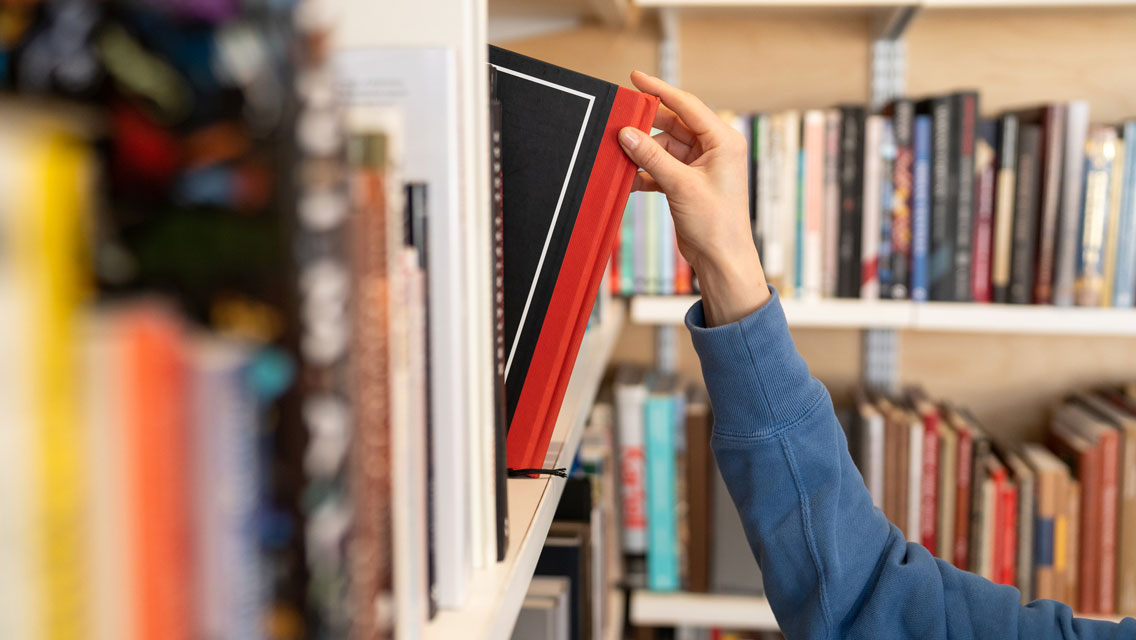|
Listen to this article:
|
Whether you’re watching a YouTube video to perfect a cake-decorating pattern or attending community-college classes to learn Spanish, you’re doing more than just adding a new skill to your repertoire. Lifelong learning also improves your memory, slows cognitive decline, and can enhance your self-esteem.
These benefits come with the struggle of doing something new, notes Tom Vanderbilt, author of Beginners: The Joy and Transformative Power of Lifelong Learning. “Getting out of your comfort zone can bring a positive boost to your brain — as with any muscle,” he says.
Tackling new challenges increases our sense of personal fulfillment. Moreover, lifelong learners experience more social connection and community engagement.
“I feel more alive when I’m learning something new,” says Cindy Liu, 51, a user-experience writer in Campbell, Calif., who began ice-skating classes when she turned 30. Soon, she was performing in a holiday show with mostly older ladies in matching sparkly scarves. “It was a far cry from my painfully shy childhood, where I couldn’t imagine the freedom of getting in front of people, laughing and making a fool of myself,” Liu reflects.
Wondering where to start? Consider some of these ideas.
1. Try an online class.
Plenty of platforms offer a variety of online classes, including MasterClass, Coursera, Skillshare, and Udemy. Some are self-paced, with on-demand videos. Others offer synchronized meetings that connect you to the instructor and other students in real time. You could even explore platforms designed for K–12 students that are also open to adults, like Reconstruction, which highlights Black culture, history, and contributions.
2. Pick up a book.
There’s something to be said for old-fashioned book learning. Check out a textbook or one of the various popular series of introductory guides to a topic that interests you. Dive deep into research at your local library. You might make more progress with a hands-on workbook that includes examples and exercises, but it depends on the skill or knowledge base in question. When my husband, Brian, volunteered to conduct an orchestra featuring some of his coworkers, he made great headway in learning to conduct thanks to a hands-on workbook.
3. Find a teacher.
Sometimes, a book can take you only so far. When Brian hit a plateau in his study of conducting, he contacted the author of that textbook to ask for a referral to a course or teacher. The author offered to give him private lessons! Not only did he progress much more quickly with individual attention, but they also became good friends. Brian even served as a guest conductor for his mentor’s orchestra during a holiday concert.
4. Go back to school.
Check out your local community college or university for courses that are open to nondegree students. Gretchen Segal, 48, was a stay-at-home parent for 17 years before enrolling in German 101 and Sociology 100 at her county’s community college. “Doing this for myself brings a huge sense of joy, accomplishment, and satisfaction to my life,” she says.
5. Teach yourself.
Maybe you’d prefer to learn alone. Gordon Saussy, 60, an executive consultant specializing in technology, wanted to get up to speed on machine learning. Using free online learning materials, he built some basic neural networks and experimented with different text generators. “I prefer a self-paced approach where I can read something, try something, and reread,” Saussy explains. When he gets stuck, he just drops the error message into Google to find a fix.
6. Explore community offerings.
Many libraries, bookshops, and community centers offer classes for specific interests. Ruth E. Thaler-Carter, 70, a writer and editor in St. Louis, jumped at the chance to learn glasswork at her local craft center. “It felt a little scary but exciting to learn some glass techniques,” says Thaler-Carter, who was thrilled when the studio displayed some of her pieces for sale. “They priced it much higher than I would have dared!”
7. Watch a video.
YouTube isn’t just for cake decorating and plumbing fixes. During the early months of the pandemic, Tyrese Coleman, 43, an attorney in Silver Spring, Md., turned to nail art. Her mother-in-law bought her a do-it-yourself dip powder manicure set, and Coleman studied techniques on YouTube and Instagram reels and used trial and error to make her own nails match what she saw online. “It’s just a stress relief,” Coleman explains. “I zone out and have no problems when I’m in the middle of doing my nails. Nobody is bothering me, and nothing is pending.”
8. Take a learning vacation.
Vanderbilt recommends adult summer camp for those looking to try something new. He’s found everything from a drawing retreat in Acadia National Park to an adult soccer camp, which attracted mostly 20-somethings but also included one man in his 70s. “You’re usually with a group of people who are there to learn this thing, so you build up camaraderie,” he explains. “You come back with not just a tan but the beginning of a skill.”
(Explore a few of these past articles from Experience Life for ideas: “Habit-Changing Vacations,” “The Personal Pilgrimage,” “Heritage Travel,” and “Field Trips for Adults.”)
9. Enlist a buddy.
Nancy Kwon learned immersion swimming alongside her husband, Stephan. They were attracted by the potential to swim longer distances with less kicking and more efficient breathing. They both read a book on immersion swimming and watched videos, then started putting their new learning into practice in the pool. “We would coach each other,” Kwon says. “This old married couple sharing a new hobby was exciting.”
10. Try an app.
Whatever you wish to learn, there’s probably an app for it. Download Duolingo or Rosetta Stone to kick-start your French learning. For meditation guidance, check out Calm, Headspace, or Insight Timer. You can expand your vocabulary with Merriam-Webster’s Word of the Day, learn to code with DataCamp and Programming Hub, or use a car simulator before taking your driving test.
11. Join a group.
The social connections you form will make the learning enjoyable — and better for your health. A study by Denise Park, PhD, director of research at the Center for Vital Longevity at the University of Texas at Dallas, found that when older adults learned together, they performed better on cognitive tests compared with adults who merely gathered to socialize. “This unique thing was happening that really turned on their brains,” Vanderbilt explains. “It was a bit of a time-machine effect, where their brains were resembling those of younger people.”
12. Seek out a program.
Shanon Lee, 46, encountered a fellowship for military veterans that pays a stipend to learn how to operate a farm. She’s overcoming an aversion to bugs and mice so she can learn how to grow healthy produce for families in the greater Washington, D.C., area. She also feels reconnected to her grandparents, who raised fowl and grew their own food. “Besides reclaiming my ancestral skills that can be passed down to my kids,” she says, “my biggest sense of accomplishment will come when we are actively feeding families in need.”
13. Give it a go.
You can learn a lot by just trying. Laura Anne VanDruff, 49, a university employee in Philadelphia, learned to ride a motorcycle with just the feel of the bike under her and an initial push from her housemate. “Like when you’re a kid with your dad holding on to the back of the bike, you rev up the engine and kind of go. That was my first ride,” VanDruff recalls. She practiced on back roads, tackling more challenging routes as she felt comfortable. She saves money using a scooter rather than a car, and she loves the ease of parking and darting through traffic jams.
Balance
Explore more empowering strategies to support your efforts to live in (closer) alignment with your values at our Balance department.
This article originally appeared as “Lifelong Learning” in the September/October 2023 issue of Experience Life.






This Post Has 2 Comments
Good tips, thanks.
What a great article. I 100% agree with your encouragement to try something new to challenge yourself. As an individual who fights depression and anxiety, it is true: Every time I push myself out of my comfort zone by 1) selecting a new passion, 2) mentally facing the fear of if 3) researching the topic to lower anxiety, and 4) working hard to finance the adventure. Once I dive in, the positive feelings come of excitement, proud of myself, being strong. Thank you for the post and 13 ways to move forward.